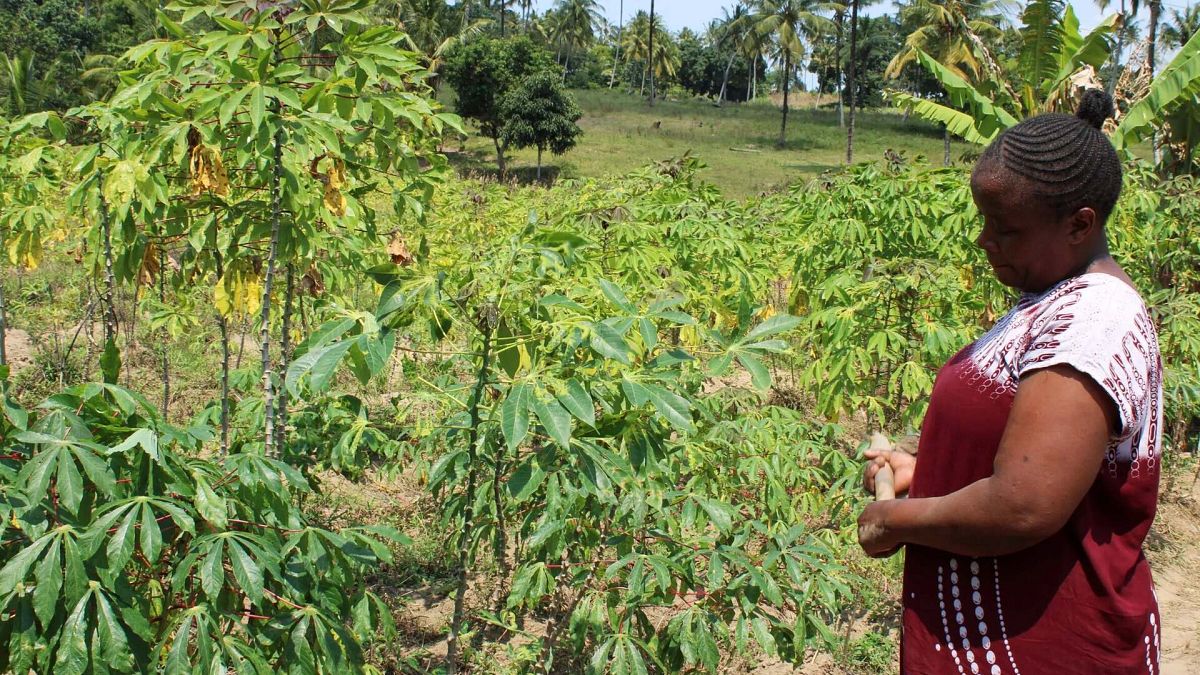Canada, Mexico agree to boost agri-food trade after industry meetings
Streamlined trade will require communication between food safety and regulatory agencies of both countries, Agriculture Minister Heath MacDonald says.Sean Kilpatrick/The Canadian Press
Mexico and Canada will trade more apples, pet food, meat and canola moving forward after officials and industry representatives met in Mexico City and Guadalajara this week.
The two nations are also convening a working group on technical collaboration and standardizing food safety regulations, said Agriculture Minister Heath MacDonald in an interview with The Globe and Mail.
The trip builds off the Prime Minister Mark Carney’s visit in September, when he launched the Canada-Mexico Action Plan alongside President Claudia Sheinbaum Pardo.
Canada and Mexico intend to advance bilateral trade over the next three years as the mammoth nation in between – the United States – turns increasingly protectionist, raising questions about the future of food trade across the North American land mass, and about the future of the trade deal that unites the region – the U.S.-Mexico-Canada Agreement.
“Everybody is looking for opportunities to do more business, and the timing was right,” said the minister. “Everybody is looking inward and trying to understand what the future holds. We’re in a geopolitical situation that we’ve never seen before.”
Opinion: Why Canada and Mexico need each other to take on Trump
Mexico is one of the five largest export destinations for Canadian agri-food shipments, after the U.S. (which accounts for around 60 per cent of exports), China, Japan and the European Union. Top Canadian food exports to Mexico include oil seeds, meat and cereals.
Agri-food trade between Canada and Mexico has also increased, climbing 50 per cent between 2018 and 2023.
This trade could climb further as Mexico’s population is forecasted to grow from 131 million in 2024 to 149 million by 2050.
And exports will be helped by Mexico’s agricultural landscape. Mexico is a net importer of agricultural goods. The country specializes in high-value crops – such as avocados, tomatoes and berries – but consumes staples, said a 2025 report on the Mexican agri-foods market by Export Development Canada.
This food insecurity can drive political problems, such as the 2007 “tortilla crisis.” Mexican supplies of corn were limited and the costs of tortillas surged. Thousands of protesters took to the streets of Mexico City.
Canada can meet Mexico’s demand for staples. It is an area the Canadian agricultural industry specializes in. For example, lentils are a key part of traditional Mexican soup diets. Canada is the largest global producer of lentils.
But to expand this trade, Canada and Mexico must streamline trade flows, logistically and by tackling regulatory burdens, said Mr. MacDonald.
In 2023, the historic merger between Canadian Pacific Railway Ltd. and Kansas City Southern Railway Co. created Canadian Pacific Kansas City Ltd., which connected the North American land mass with a single-line, transnational railway. It was a key part of what is known as the CUSMA Corridor (after the Canada-U.S.-Mexico Agreement) and intended to facilitate efficient movement of goods between all three countries. This needs to be strengthened, said Keith Currie, president of the Canadian Federation of Agriculture, who was in Mexico.
Opinion: It’s a fantasy to think the USMCA will survive
But this railway plan was formulated when the U.S. was a bastion of free trade policy. The vast majority (more than 95 per cent) of North American agricultural products still move across the region without trade barriers. “However, we need to prepare for the future,” said Michael Harvey, executive director of the Canadian Agri-Food Trade Alliance, who was also in Mexico this week. As such, Canada should also improve and expand its port infrastructure capacity.
Non-tariff trade barriers also need to be addressed, said Minister MacDonald. For example, Mexico had limited Canadian imports of beef. Over the past year, these barriers have come down and, as of this week, 42 Costco stores across Mexico will now carry Canadian beef.
As part of this trade mission, Mexico has also agreed to ease import requirements for eligible apples from eastern Canadian provinces starting in January, 2026, and the two nations have agreed to a new certification that will provide access for Canadian pet food that contains bovine ingredients.
Streamlined trade will require communication between Canada and Mexico’s food safety and regulatory agencies, said Mr. MacDonald, in addition to the digitalization of certification for some imports, including plant products such as canola and wheat.
“Mexico is a great ally with Canada,” said the Minister. “After spending almost a week here, I can tell you that they’re willing to do more.”
link







